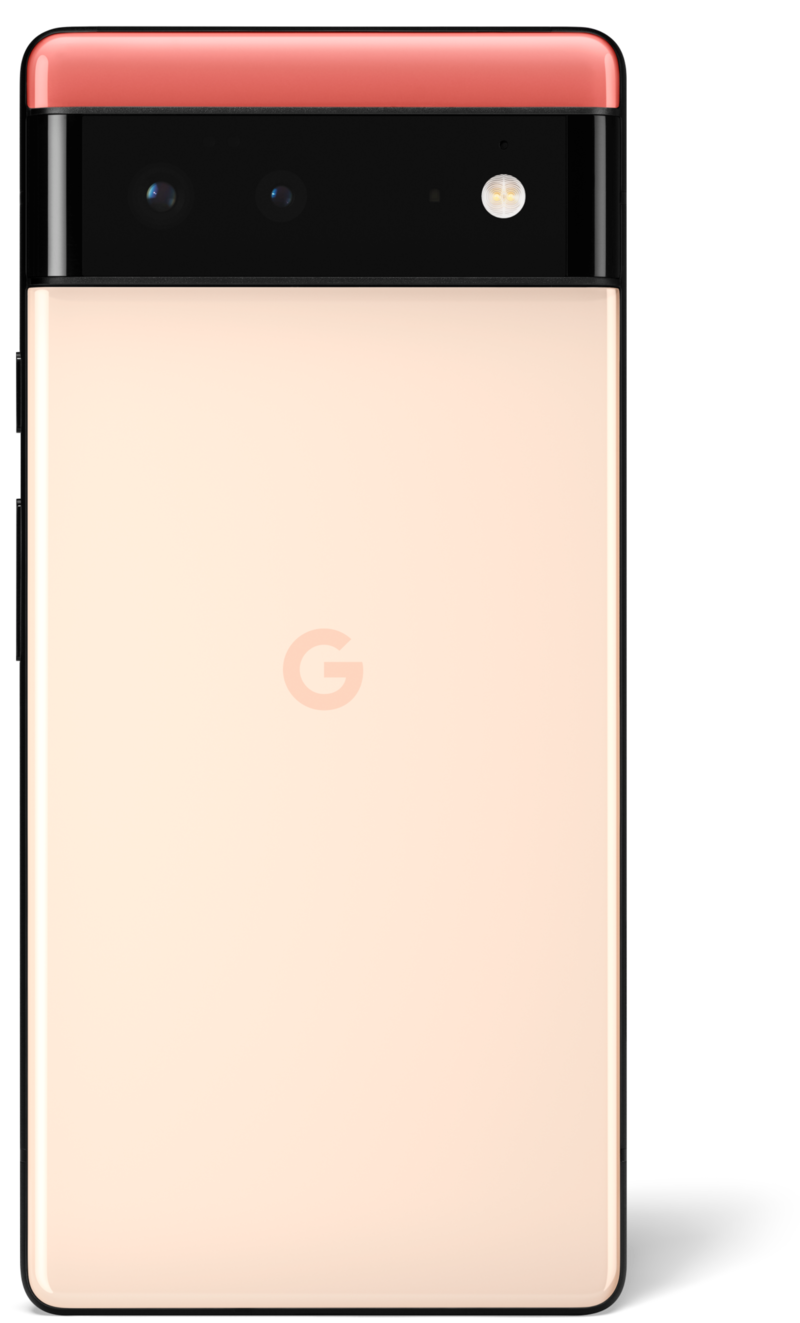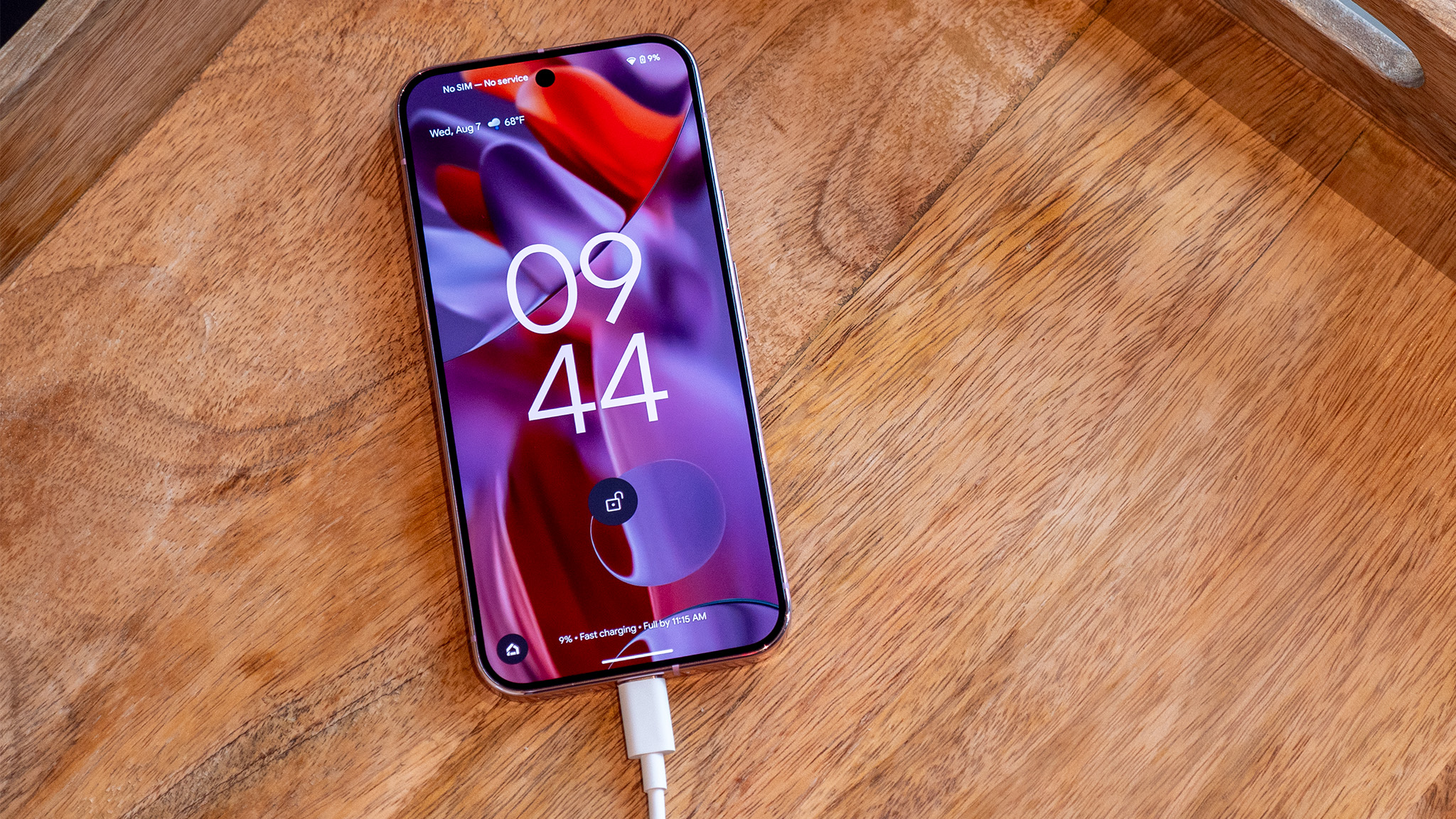The Pixel 6 is the best smartphone camera for parents. Here's why.
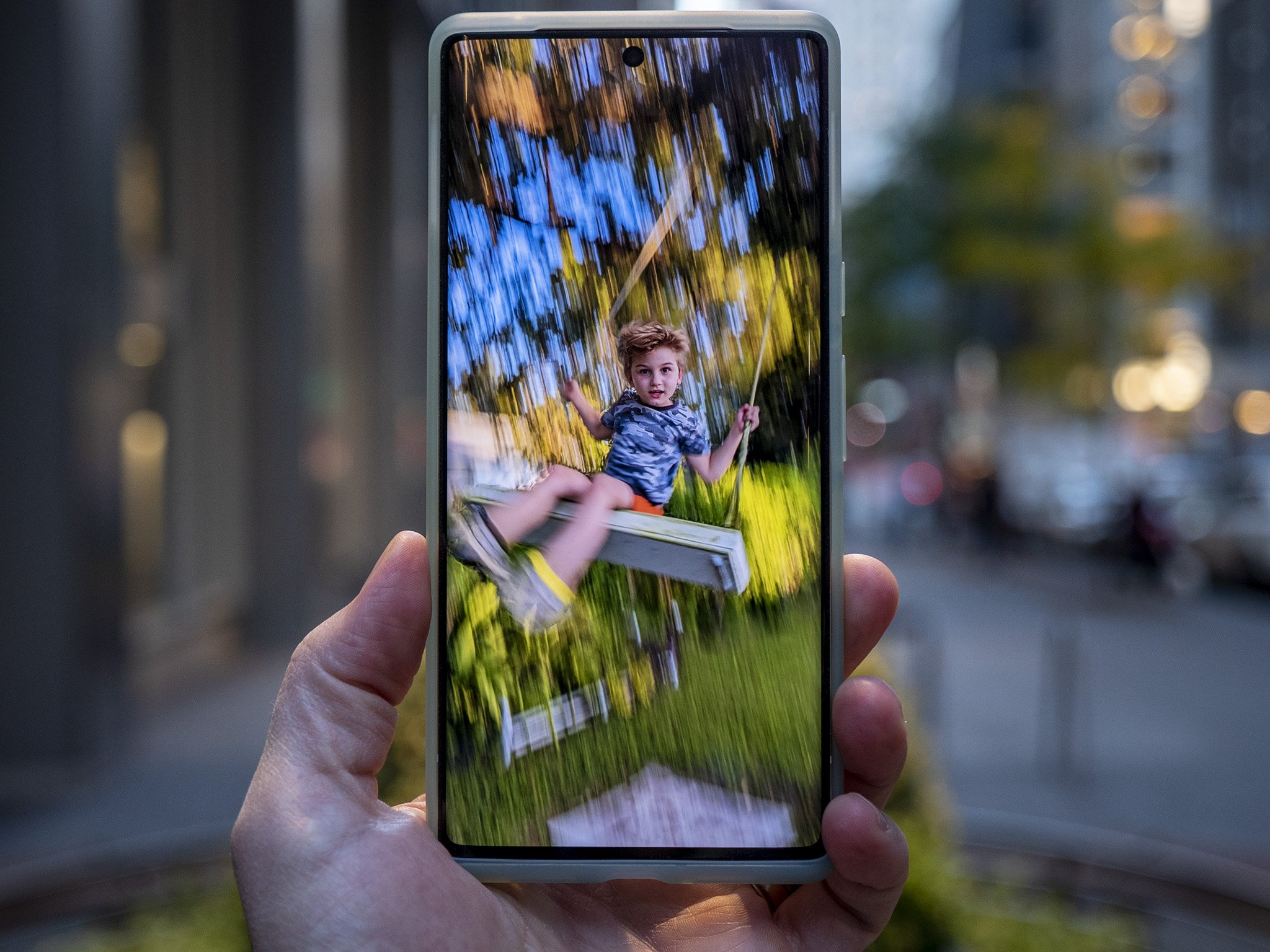
There are plenty of reasons you might want to consider one of the best Android smartphones as your next big purchase. Whether it's to have a phone that literally folds in half like the Samsung Galaxy Flip 3 or to get the best camera experience with a phone like the Google Pixel 6 Pro, there's no denying that spending a bit more cash on a more premium experience can have a big payoff.
But if you're a parent, you know that even the best phones sometimes have difficulty capturing good photos or videos of your kids. It doesn't matter if a phone has cutting-edge hardware; if the software doesn't know what the camera is looking at, it can't properly take a photo that you're going to be happy with.
That's where the Google Pixel 6 line comes in. Inside each Pixel 6 is the AI powerhouse Google Tensor processor, a processor designed specifically to better process machine learning tasks. That means, thanks to Google's years of research, that a Pixel 6 understands when it's looking at a pet, a mountain range, or even a human face and can adjust its photo taking properties in realtime to match what's happening in real life.
More importantly than just object identification is Tensor's ability to understand when something is moving in a scene. Combine that with the ability to recognize objects and you'll quickly understand how a Pixel 6 can help you take better photos of your kids no matter what's going on. That's why the Google Pixel 6 is the best smartphone camera for parents.
When they won't stop moving
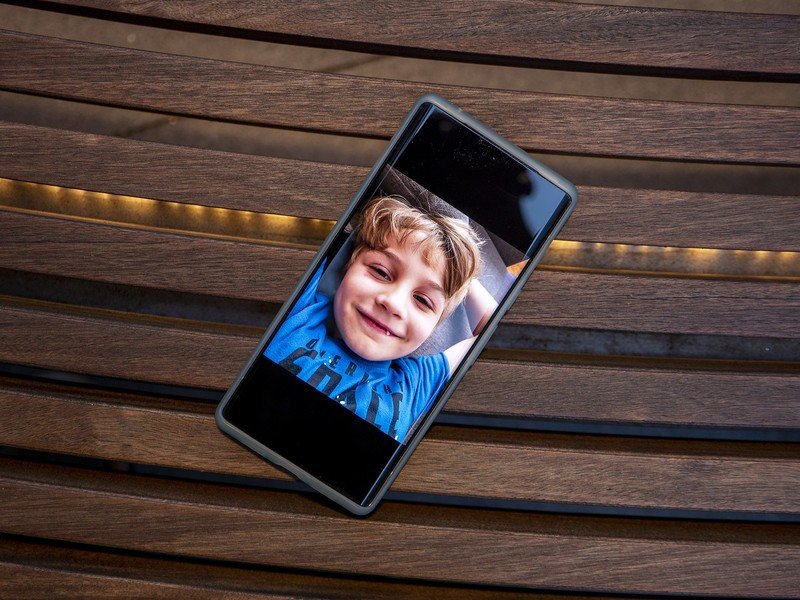
The very first cameras ever made required people to hold still for inordinately long periods of time in order to expose a picture onto a special material. You'll notice that, when looking at these types of photos, children aren't particularly commonplace. There's a good reason for that: kids just don't stay still for very long.
Whether your child is a ball of energy and rarely holds still when they're not sleeping, or you just regularly find yourself at sporting events or something similar, capturing a photo of a moving child is no easy task.
When in broad daylight, just about any phone can accomplish this task well enough, but it's the times when conditions aren't perfect where other phones struggle.
Be an expert in 5 minutes
Get the latest news from Android Central, your trusted companion in the world of Android
Face Unblur does exactly what you think and it could salvage an otherwise unusable photo.
Without going too into the science of photography, there's one main reason for this: as lighting conditions get darker, a camera has to hold open the shutter longer to take more light in. Any movement that occurs during this longer exposure period will likely result in a blurry final outcome.
But Google put together a rather ingenious new feature called Face Unblur for the Pixel 6 which does exactly what it says on the box. It "unblurs" any faces that might have become blurred in a picture when movement was the cause.
Google achieves such an effect via a combination of several types of technology. The first is intelligent use of the many cameras on the back of the Pixel 6, specifically that ultra-wide angle lens that's found on both Pixel 6 and Pixel 6 Pro.
When the Pixel 6 recognizes movement during picture taking, the phone can utilize both regular angle and ultra-wide angle cameras at the same time to take the same picture. While the main sensor works on capturing more light in the scene for the best overall shot, the ultra-wide camera uses a faster shutter to ensure it captures images without blur.
Google's Tensor processor then scans the photos for faces after the shot was taken, intelligently cropping out faces from the ultra-wide angle shot - a shot users never see - and then placing them in the main shot with perspective correction.
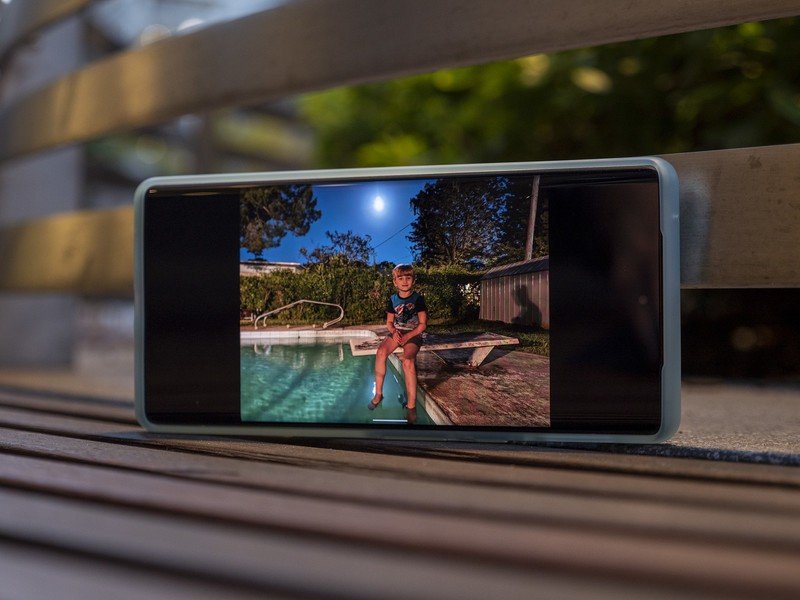
Since the ultra-wide angle camera can introduce a significant amount of distortion toward the edges of the lens, faces recognized more toward the center are normally used for this process.
The result is a photo that likely includes some blur throughout the image but sports extra-crisp faces that are perfectly in focus. It's a gift from Google during the times phones most often miss the opportunity.
The result is a photo that likely includes some blur throughout the image but sports extra-crisp faces that are perfectly in focus.
Now, just like any technology, this one isn't perfect. There's currently no way to force Face Unblur as a mode; it's simply active all the time while taking photos and will only present itself when the phone was able to create a positive end result.
That means that, while the feature feels like magic when it works, there's no real way to control when it does work.
Similar to this feature is Top Shot, a feature Google debuted with the Pixel 3 a few years back but is better than ever on the Pixel 6.
Top Shot, like Face Unblur, is an automated feature that works all the time — so long as you've enabled it in settings — and captures multiple photos at once any time you press the shutter button in the camera app.
If the Pixel 6 detects motion, it will sometimes provide a timeline of shots taken before and after the shot with the hope that another of these photos captured might be more ideal then the exact moment you actually pressed the shutter.
Top Shot is better than ever on the Pixel 6 thanks to the upgrade in resolution.
It's not a new feature but it is better on Pixel 6 because it provides full resolution alternative photos. Previously, alternative photos chosen from Top Shot would only produce lower resolution photos. While those photos looked fine on a relatively small phone display, they didn't look great when printed or blown up on a larger screen.
Making everything exciting
Crisply capturing a photo of a happy child's face, even in dark conditions, is already an impressive tool to have in any parent's arsenal. But what about the times where a bit of motion can actually be a good thing?
It's almost like putting your child into the frame of an action movie or cartoon, and the more creative you are with it, the more fun the result will be.
That's where the new motion modes on the Pixel 6 come into play. Action Pan, a new mode particularly useful for parents, focuses on faces and moving objects and gives everything around them a decidedly exciting look that makes for some seriously stunning photos.
It's almost like putting your child into the frame of an action movie or cartoon, and the more creative you are with it, the more fun the result will be.
There's little doubt that this is a mode you won't be using every day — and probably not every week, either — but it's ridiculously cool looking when you do find a use-case scenario for it.
I also love how easy it is to use Action Pan, too. It's, quite literally, a point-and-shoot affair. Switch to action pan, hit the shutter, and marvel at the result.
Action Pan can be used stationary — that is, not moving your phone at all during the shot — or more like a panorama where you follow the subject for a brief moment to capture a more dramatic image. Either way you do it, though, you're going to have a blast and so will your child.
Capturing what's real
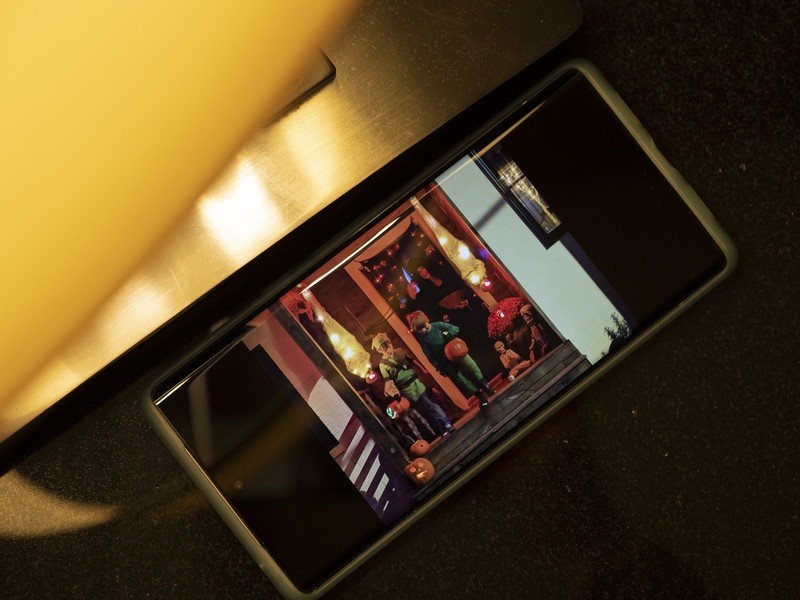
Being able to capture wide dynamic range is important but, due to the small sensors on phones, several tricks have to be employed to get good results. In order to capture a bright sunset without making everything else in the scene overly dark, for instance, a phone would have to take one bright and one dark shot, then combine the best parts of each image to produce a beautifully-balanced image.
Google has figured out how to properly represent skin tones of all shades.
Beautifully-balanced unless your family has darker skin tones, that is.
Many smartphone cameras have been guilty of brightening darker skin tones, giving them a green hue, or otherwise just making things look unnatural.
Thankfully, Google figured out how to train its algorithms to recognize darker skin tones and adjust the photo properly. As we pointed out in our Pixel 6 Pro review, the difference between photos taken with the Pixel 6 and ones taken with other phones can be incredibly stark, especially if people in those photos have darker skin tones.
It's important to capture the scene correctly — and all the people in those scenes — and now there's no reason to settle for improperly-captured photos of your friends and family.
Erasing what's not ideal
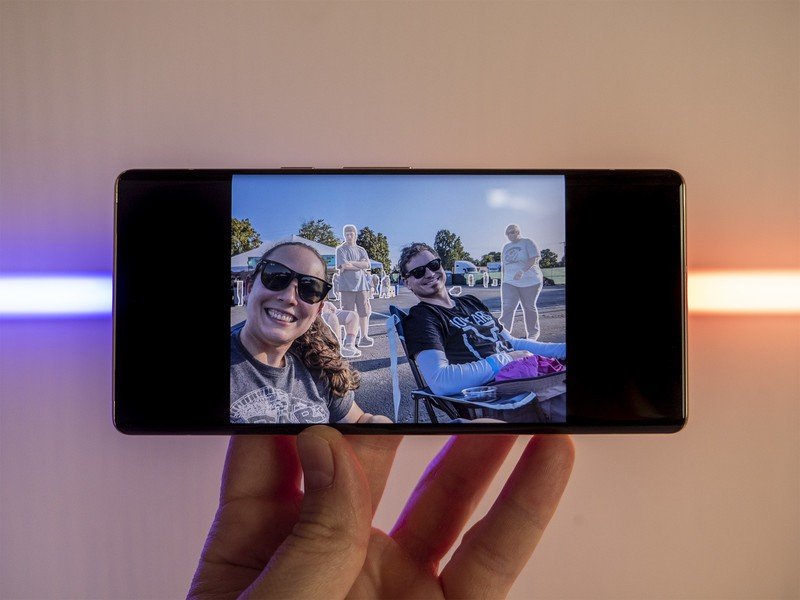
Have you ever taken a family photo at the beach only to be photo bombed by someone who shouldn't be in the frame? How about standing between two perfectly-framed buildings in a beautiful city at sunset, only to realize later that a giant red "no parking" sign distracts from the golden hues around you?
Magic Eraser was created just for these times, and it could mean the difference between a great photo of your family and one that's filled with strangers or distractions.
Magic Eraser is another one of those Pixel 6 features that's powered by Google Tensor and, thanks to the processor's ability to recognize objects and people, works more efficiently than other technologies of it's kind.
Magic Eraser can get rid of photobombers and other distractions in your photos.
Using it is as simple selecting Magic Eraser in the photo editor portion of the Google Photos app and circling any object or person you want to delete in a photo. Many times, Google's intelligent algorithms will even detect the presence of other people or objects in a scene in doesn't think should be there, giving you a one-click way of erasing them.
While I love my Galaxy Z Fold 3 and all its amazing versatility, I'll likely be sticking with the Pixel 6 Pro because I'm a parent and Google's many additions to the camera experience are not just for show: they actually product better results when it really matters.

